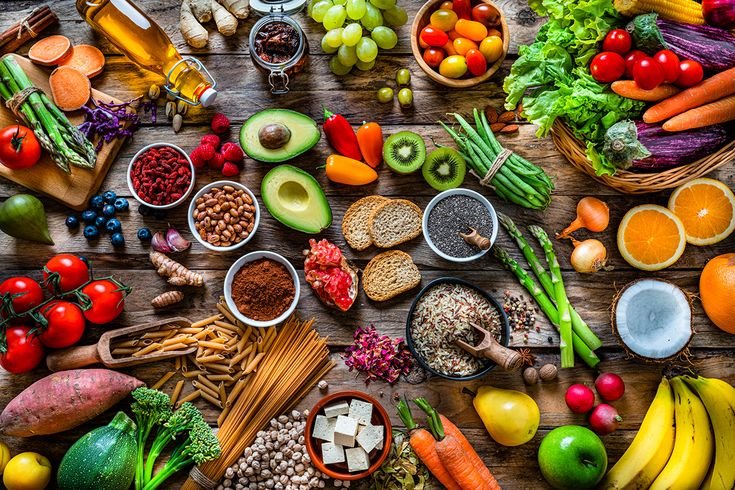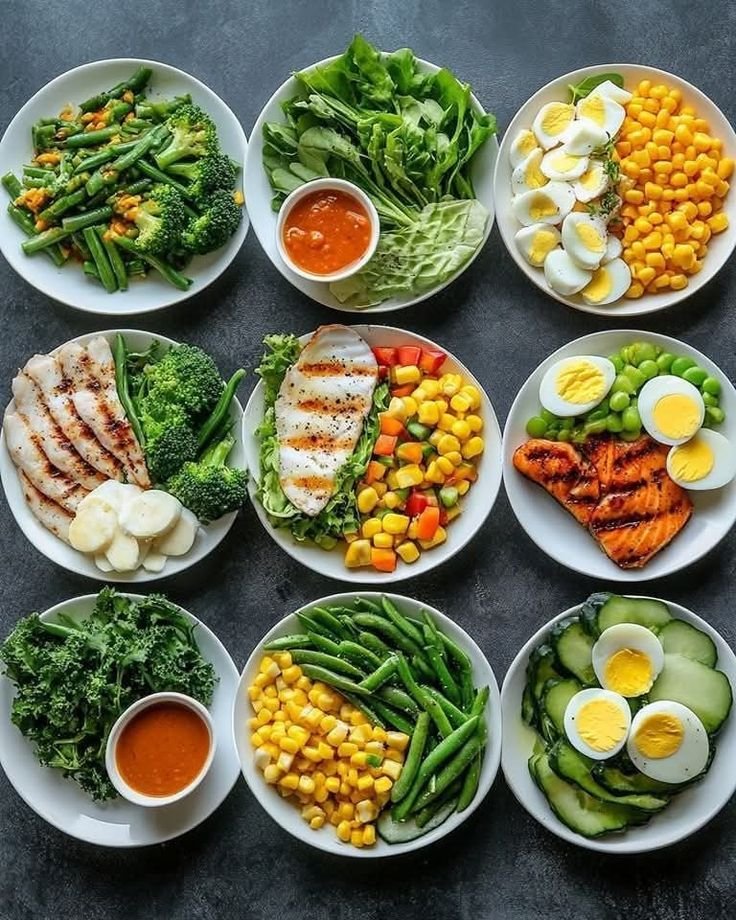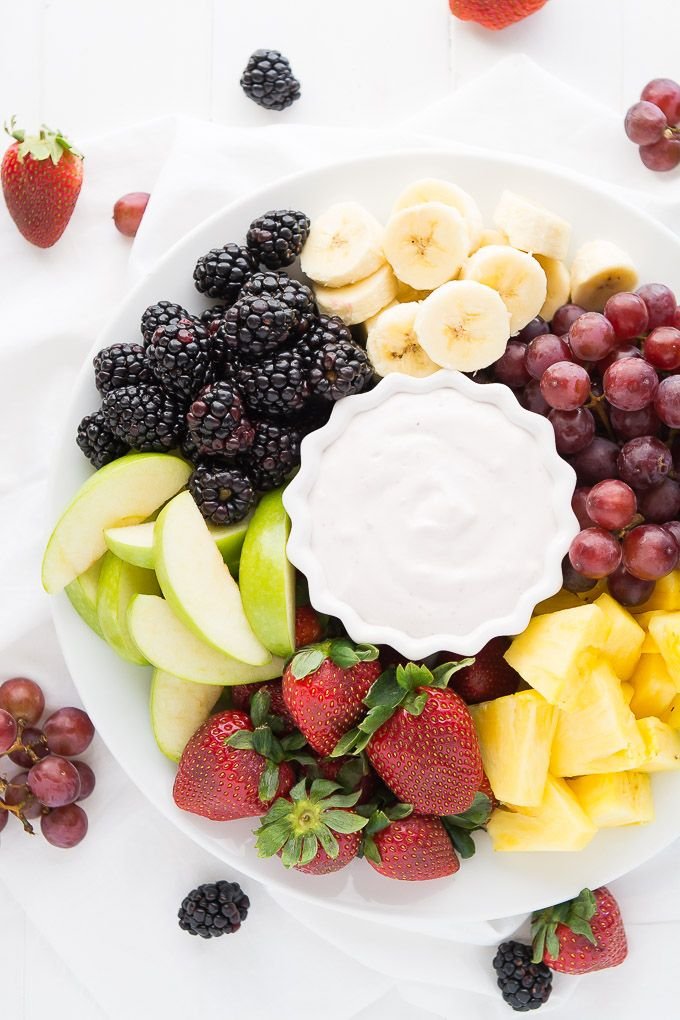Reduce and heal acid reflux with diet : best food that help
Welcome, Wellness Warriors, to a topic that touches the lives of millions worldwide: acid reflux. That unwelcome burning sensation in your chest, often accompanied by a sour taste or regurgitation, is more than just an inconvenience. For many, it’s a chronic battle, impacting sleep, mood, and overall quality of life. As an authority in wellness, we’re here to equip you with the knowledge and actionable steps to transform your relationship with food, turning it into a powerful tool for healing.
Acid reflux, medically known as gastroesophageal reflux disease (GERD) when it becomes chronic and severe, occurs when stomach contents flow back up into the food pipe (esophagus). This backward flow happens because the lower esophageal sphincter, a muscular valve designed to keep food and stomach acid in its place, becomes weakened or relaxes inappropriately. When this happens repeatedly, the delicate lining of your esophagus can become irritated and inflamed, leading to unpleasant gerd symptoms and, in severe cases, increasing the risk of more serious conditions like esophageal cancer.
While medications like proton pump inhibitors can offer relief, the cornerstone of managing and even healing acid reflux lies in understanding and implementing strategic dietary changes and lifestyle modifications. This isn’t just about avoiding trigger foods; it’s about embracing the best foods that soothe, protect, and promote optimal digestive health.
The Culprits: Foods to Approach with Caution

Before we dive into the healing foods, it’s crucial to identify the common triggers that exacerbate acid reflux symptoms. These are the worst foods for GERD sufferers, and limiting or eliminating them is often the first place to start your healing journey.
- Acidic Foods: Unsurprisingly, foods high in natural acids are often culprits. Think tomato sauce, citrus fruits like oranges and lemon juice, and vinegars. These can increase the amount of acid in your digestive tract, leading to that familiar burning sensation.
- Fatty Foods: Fatty foods, including fatty meats, red meat, fast food, and even rich dairy products like ice cream, slow down stomach emptying. This means stomach contents sit in the stomach longer, increasing the likelihood of reflux. Even healthy fats, while beneficial in general, should be consumed in small amounts if they trigger symptoms.
- Spicy Foods: While delicious to some, spicy foods can irritate the stomach lining and esophagus, intensifying heartburn symptoms.
- Caffeinated and Carbonated Beverages: Coffee, tea, and especially fizzy drinks can relax the lower esophageal sphincter, allowing gastric juices to escape.
- Chocolate and Peppermint: These might seem innocuous, but they can relax the LES and worsen gerd symptoms.
Understanding your personal food triggers is paramount. Keeping a food diary can be a great way to identify specific items that cause your acid production to spike or your digestive system to rebel.
The Healers: Best Foods to Soothe and Restore

Now, let’s turn our attention to the heroes of the plate – the best foods that can help manage and even heal chronic acid reflux. The goal is to choose low-acid foods that are gentle on the digestive system and promote healthy function.
1. High-Fiber Foods: Your Digestive Ally

High-fiber foods are crucial for digestive health. They aid in satiety, promote regular bowel movements, and can help absorb excess stomach acid.
- Whole Grains: Opt for whole grains like brown rice, oatmeal, and whole-wheat bread. These are good source of fiber and are generally well-tolerated.
- Root Vegetables: Sweet potatoes, carrots, and beets are excellent choices. They are packed with nutrients and fiber, and are not typically associated with reflux.
- Green Vegetables: Leafy greens like spinach and kale, along with green beans and asparagus, are low in acid and high in essential vitamins and minerals. These are always a good idea for overall health and can significantly improve digestive issues.
2. Lean Proteins: Building Blocks without the Burn

When it comes to protein, focus on lean proteins that are easy to digest and don’t contribute to reflux.
- Lean Meats: Skinless chicken breast and turkey are good choices. Grill or bake them instead of frying.
- Egg Whites: A versatile and easily digestible protein, egg whites are a good option for those with GERD.
- Fish: Many types of fish, especially white fish, are excellent sources of lean protein and healthy fats (like omega-3s, which are anti-inflammatory).
3. Low-Acid Fruits and Healthy Fats: Gentle Nourishment

While citrus fruits are often off-limits, many non-citrus fruits can be beneficial.
- Low-Acid Fruits: Bananas are renowned for their soothing properties and are a perfect example of low-acid fruits. Melons (cantaloupe, honeydew) and apples are also generally well-tolerated.
- Healthy Fats (in Moderation): While high fat intake is generally discouraged, incorporating small amounts of healthy fats from sources like olive oil and avocados can be beneficial for overall health and nutrient absorption. Just be mindful of portion sizes to avoid triggering reflux.
4. Soothing Beverages and Natural Aids

Beyond solid foods, what you drink can also make a significant difference.
- Plenty of Water: Staying hydrated with plenty of water throughout the day is essential for flushing the digestive system and preventing dehydration, which can sometimes exacerbate acid reflux symptoms.
- Ginger Tea: Made from fresh ginger, ginger tea is known for its anti-inflammatory properties and can help calm an upset stomach and reduce nausea.
- Aloe Vera Juice: Pure aloe vera juice (look for brands specifically for internal use and without added sugar or citric acid) can have a soothing effect on the stomach lining and esophagus.
- Nonfat Milk/Low-Fat Yogurt: For those who can tolerate dairy, nonfat milk or low-fat yogurt can provide calcium and sometimes offer temporary relief from heartburn. However, some individuals find dairy to be a trigger, so test this with caution.
Beyond Food: Important Lifestyle Adjustments

While the gerd diet is a powerful tool, it’s part of a larger picture of lifestyle changes that are crucial for managing frequent acid reflux and improving digestive health.
- Smaller Meals: Instead of large meals that distend the stomach and put pressure on the LES, aim for smaller meals more frequently throughout the day. This helps prevent the stomach from becoming too full, reducing the risk of reflux.
- Eat Slowly and Mindfully: Rushing your food can lead to swallowing air and indigestion. Take your time, chew thoroughly, and enjoy your meals.
- Avoid Late-Night Eating: Give your digestive system at least 2-3 hours to process food before lying down. Eating close to bedtime significantly increases the risk of reflux.
- Maintain a Healthy Weight: Excess weight, particularly around the abdomen, can put increased pressure on the stomach and the lower esophageal sphincter, increasing the risk of reflux. Weight loss can dramatically alleviate symptoms of gerd.
- Elevate Your Head During Sleep: If you experience nighttime reflux, raising the head of your bed by 6-8 inches can help gravity keep stomach contents in their place.
- Quit Smoking: Smoking weakens the LES and irritates the esophagus.
- Manage Stress: Stress can exacerbate many digestive issues, including acid reflux. Incorporate stress-reducing activities like meditation, yoga, or deep breathing into your daily routine.
The Path Forward: Empowering Your Wellness Journey

Healing acid reflux is a journey of understanding your body and making informed choices. While this article provides extensive, fact-based information based on scientific evidence, it is not a substitute for professional medical advice. If you experience persistent or severe symptoms of acid reflux or chest pain, it is essential to consult a healthcare provider for an accurate diagnosis and personalized treatment options. They can rule out other conditions and guide you on the most appropriate course of action, which may include dietary adjustments, lifestyle modifications, and, if necessary, medication.
By embracing the best foods for your digestive health, adopting mindful eating habits, and committing to sustainable lifestyle modifications, you are not just managing symptoms; you are actively empowering your body to heal. Remember, Wellness Warriors, your plate is a powerful tool. Use it wisely, and conquer the burn for good!

